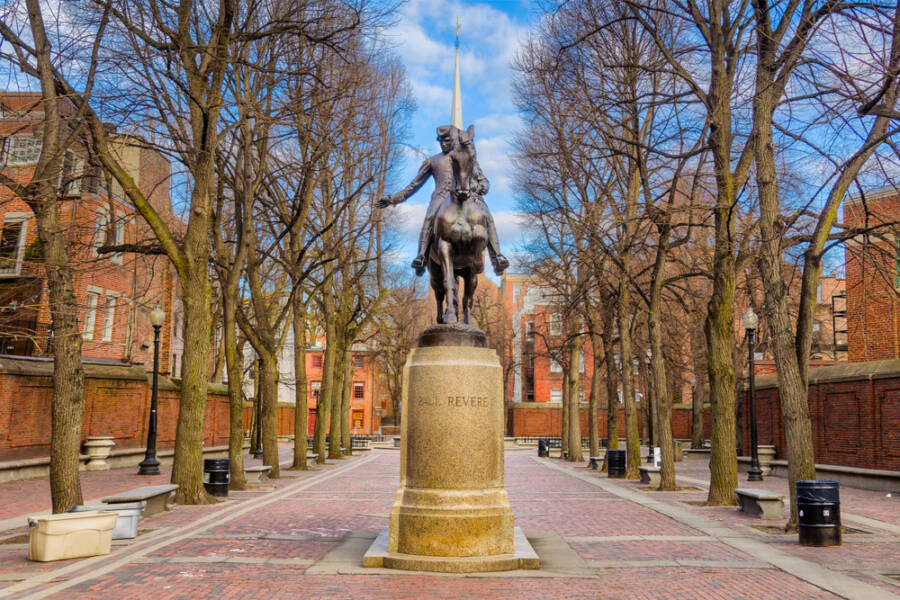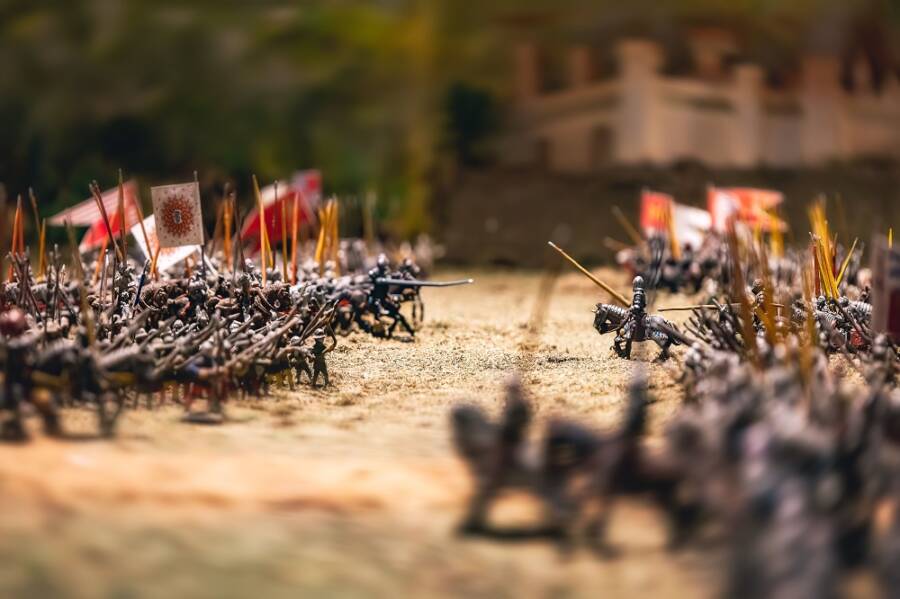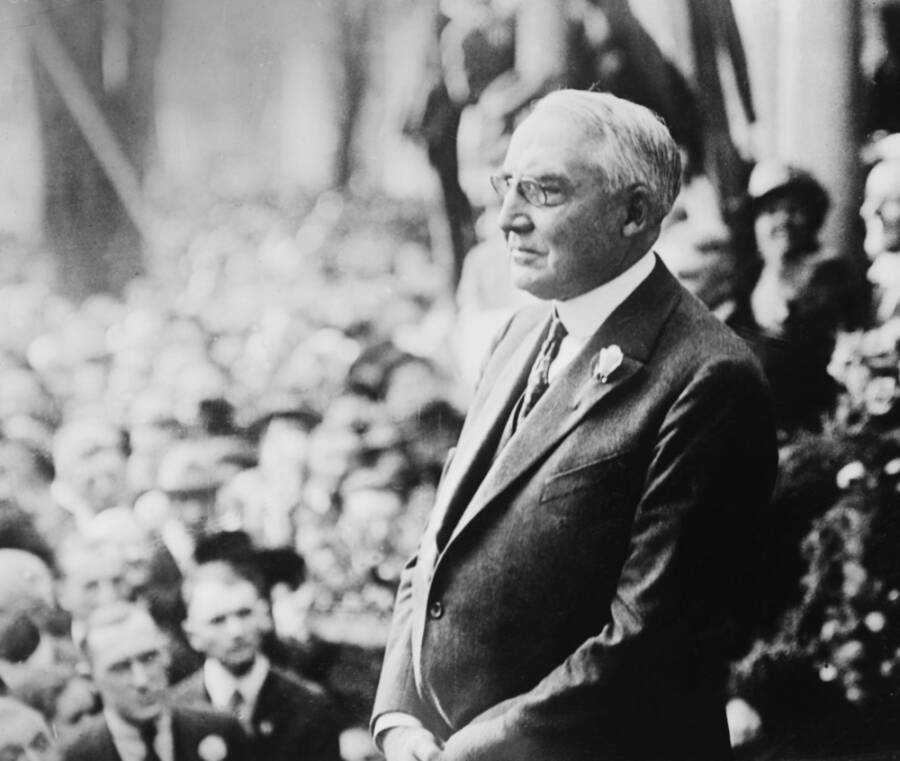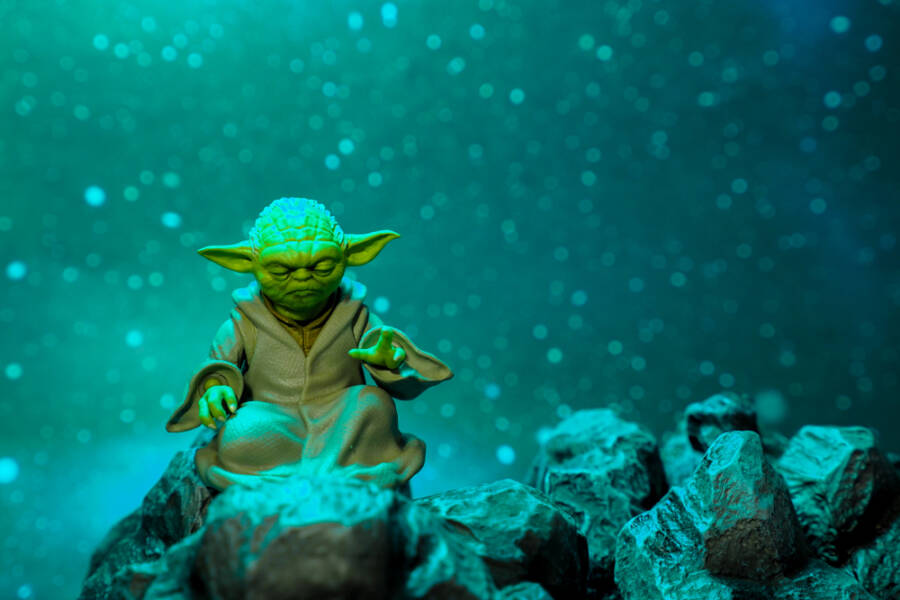Discover Andrew Jackson like you never have before!
When it comes to divisive historical figures, Andrew Jackson cannot miss the list. After all, his legacy as the seventh President of the United States is still shrouded in controversy and prompts numerous debates to this day!
The fun thing about going down memory lane is that we can answer the age-old question of “Why was Andre Jackson a bad president?” that many seem to be having.
American history, while quite short when compared with other nations, has been filled with events and important figures.
By looking at our past president, we can unravel the complex tapestry of actions that have led people to view them in such a bad light and see if their personal actions or their policies have decided this reaction from the public.
Negative perceptions of presidents are not new in American politics, but many have scrutinized Andrew Jackson’s 8-year tenure.
They say it has been harmful and deeply flawed, especially when looking at the economic and civil rights decisions he took over the course of his mandates.
To get a better picture of this tarnished reputation that is in stark contrast with the populist persona and shining armor of the “champion of the common man” that he adorned, we have looked through his tenure and picked some of the biggest reasons why people view him badly.
From economic disasters caused by him to civil rights issues and his controversial personal life, keep on reading how Andrew Jackson managed to make his people hate him and what we can learn about it since it seems like history is deemed to repeat itself!
Are there any similarities to how politics is today? Did history teach us anything about presidents? Keep on reading to discover more info and share in the comments your thoughts on the matter!
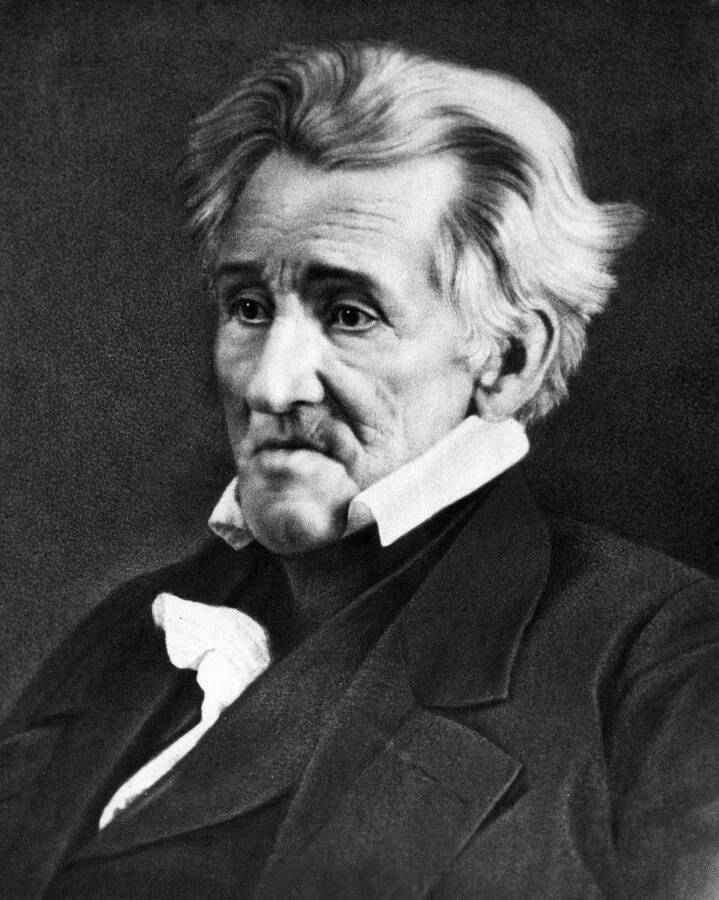
Remember the Trail of Tears?
Being President between 1829 and 1837, it seemed like Andrew Jackson’s legacy had been a tumultuous one from the very start.
One year into his presidency, Jackson signed into effect the Indian Removal Act; the events that followed led to one of the darkest parts of American history.
The Indian Removal Act in 1830 allowed the removal of Native Americans from the south of the country, something that Jackson had always been a proponent of. This has also been part of why his legacy has been shrouded in racism.
The act gave the right to the government to exchange the land of the Native Americans for a new “colonization zone” that would have been out West and separate from the rest of the United States at that time.
That part of the country is now present-day Oklahoma.
The reason why this act is so controversial is because it did not give any army or government the right to force people off their ancestral lands, but it was used as an excuse to do it.
Under this presidency and with his approval, the U.S. Army threatened the Choctaw tribe with an invasion. They gathered them all up and forced them to march to the new Indian territory without giving them any supplies or food.
This march ended up taking 4,000 lives, and it was dubbed since then the “Trail of Tears,” with the Choctaw tribe being the first ones to walk it. Historians have since uncovered that a lot of the natives ended up being changed and forced to walk double-file to the new place.
Unfortunately, this was just the start of the aggressions against minorities of the time.
Economic depression
Andrew Jackson was against the Bank of the United States, which makes the fact that he is on a banknote now pretty hilarious.
He hated the bank so much that he made some decisions against it and its ruling, but in the process, he caused a nationwide economic depression that lasted for quite a while.
In order to go against the Bank of the United States, he shut it down completely and opted to open state or “pet” banks that were on a state-by-state case, and they ended up loaning money to almost anyone that crossed their front door.
Obviously this led to inflation, and Jackson’s bright idea to conquer it was also tied to another thing he hated: paper money.
His idea included the fact that people would not be able to buy land with paper money anymore, and he passed the “Species Circular” in July 1866, which stated only silver or gold could be used to buy land.
As a result, all land speculation slowed down, and it hurt the revenue of the states, which in the end caused the Panic of 1837, which caused a huge financial crisis that lasted well into the mid-1840s.
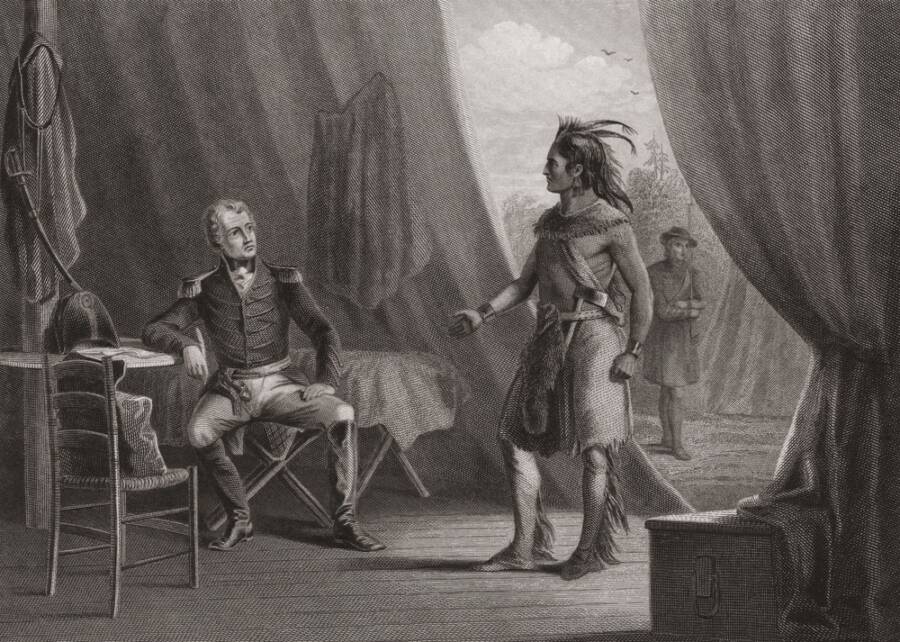
Millionaire through slavery
While many champion Andrew Jackson as a hard-working all-American man, The Hermitage, a museum established in Jackson’s Tennessee estate, begs to differ. They state that:
“In all reality, slavery was the source of Andrew Jackson’s wealth.”
And the man was extremely wealthy for the times. At the time of his death, Andrew Jackson owned around 161 slaves. Despite it being common practice for people and presidents of the times to have slaves, Jackson was in the business of enslaving people.
He was very engaged in the domestic slave trade, with his network stretching from Virginia to Tennessee and all the way to New Orleans, ever since the 1790s and onwards.
While some people are quick to downplay this aspect, it is the reason why the former president was so wealthy so much so that he could offer rewards to anyone catching any escaped slave from his property.
He offered $50, which is the equivalent of around $1,345 in today’s money, and an extra reward of $10 (about $269) per 100 lashes if the person would whip the slave, all up to 300 lashes.
If someone was up to the task, they would have made around $80 ($2,152).
Dictator of New Orleans
While many people know him as the seventh president of the United States, other people remember him as a dictator.
Close to the end of the 1812 War, back then General Jackson arrived in New Orleans. Seeing the extent of the disarray of the city, he took command of the situation and put the whole city under martial law until the end of the war.
However, once the end of the war rolled around, Andrew Jackson refused to lift the order for a couple more months.
Not only that, but when the State Senator of Louisiana wrote about his apprehension about the open-ended martial law, Jackson saw that he was arrested and improsoned for it.
Not only that but when the District Court ordered for the senator to either be charged or released, Andrew Jackson jailed that judge too before banishing him from the city.
Whoever said the U.S. never had dictators like rulers has not checked Jackson’s past dwellings.
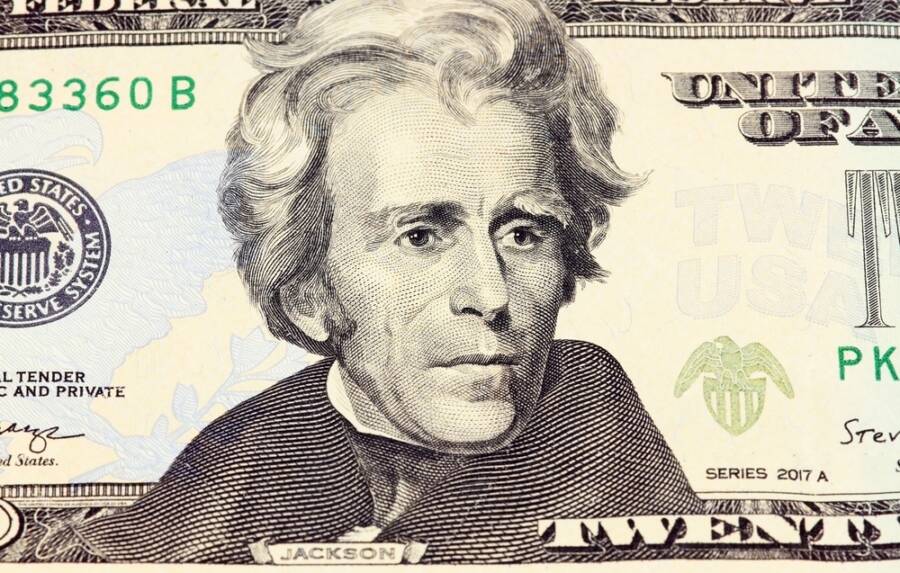
Supreme Court who?
We have already discussed how Andrew Jackson imprisoned and banished a judge from a city because they did not agree with him, so we can already tell that he did not have the best relationship with the Supreme Court.
It all depended on whether or not the ruling was in his favor or not. When the truth and law were on his side, Jackson proclaimed that the Supreme Court was the ultimate law-enforcing power and that they should be obeyed no matter what.
However, when the outcome was not in his favor and he disagreed with the Court because it dwarfed his plans, he just ignored them.
This was the case in 1832, in the Worcester v. Georgia case, where the Supreme Court ruled that the state of Georgia was illegally trying to seize Cherokee lands for their gold, ordering a stop to the operation.
Since Jackson wasted the Native American lands and gold for himself, both he and the state of Georgia outright ignored him and did as they pleased.
Is it surprising that most people hated him?
If you want to know even more about Andrew Jackson and the legacy he left behind as part of the White House, we recommend you read this book on his life!
We know of a couple of other presidents who have been ignoring the courts as of late, so maybe history is indeed bound to repeat itself! This is definitely true when it comes to the most powerful man in our state not remaining faithful to their wives! If you want to know the truth, check out: 7 US Presidents Who Cheated on the First Lady (or Did They?)

